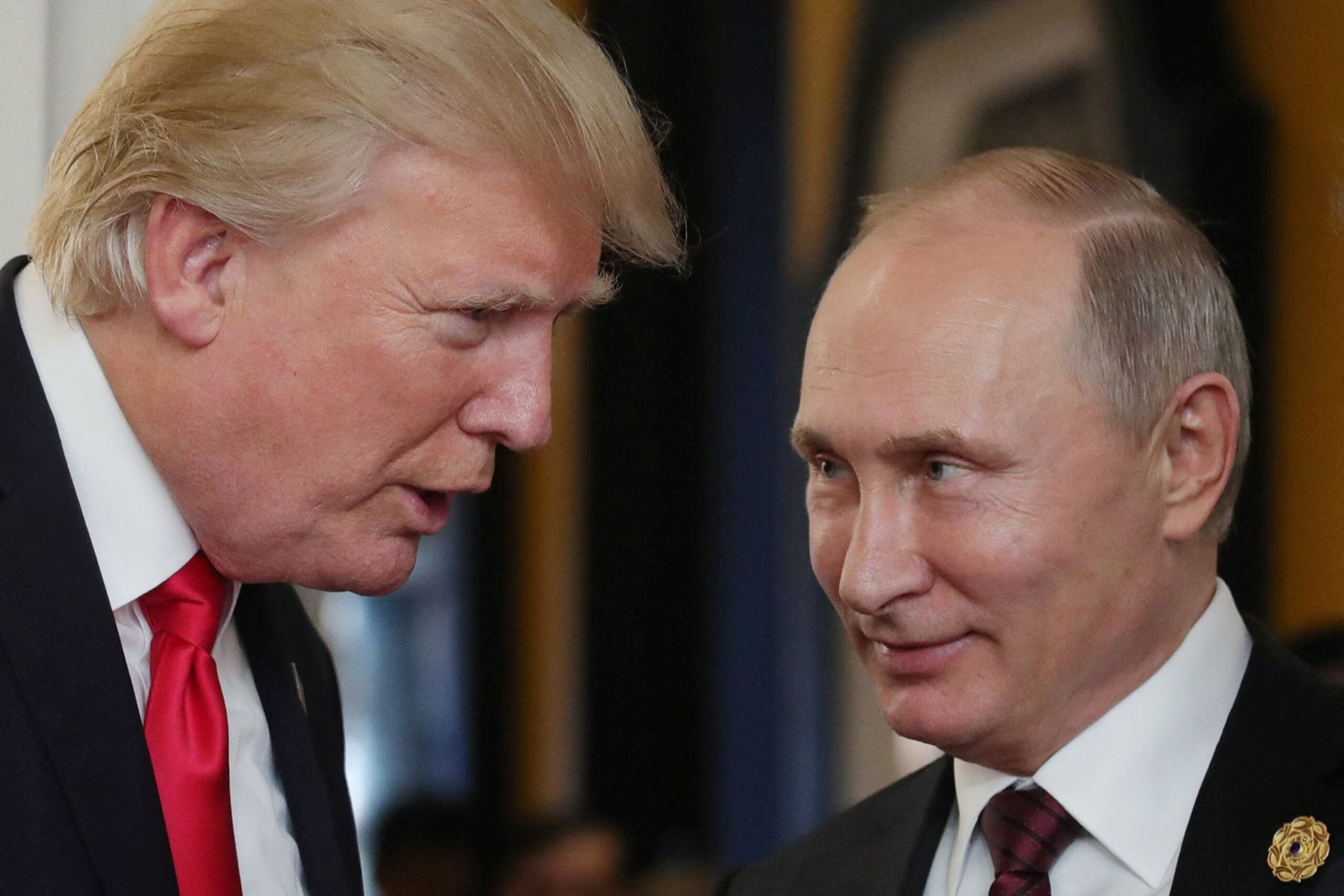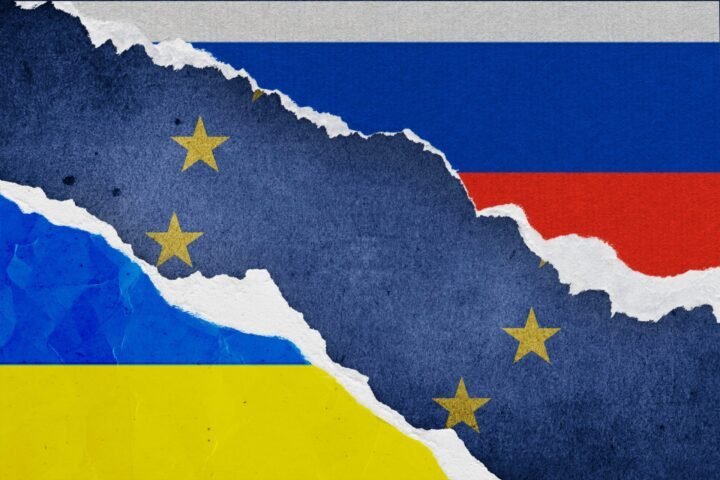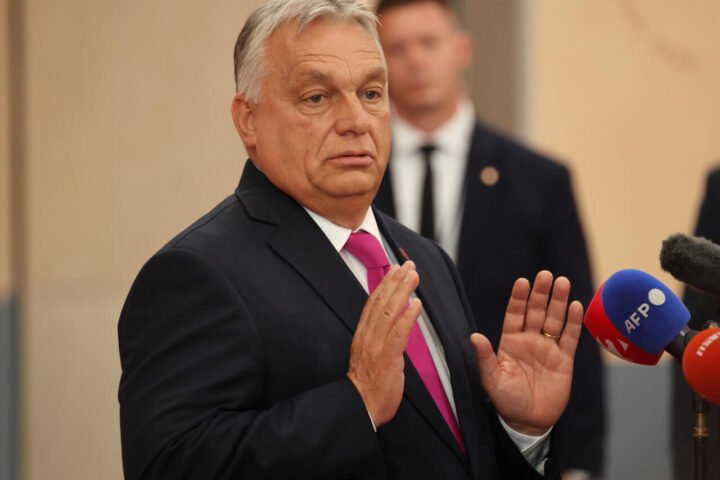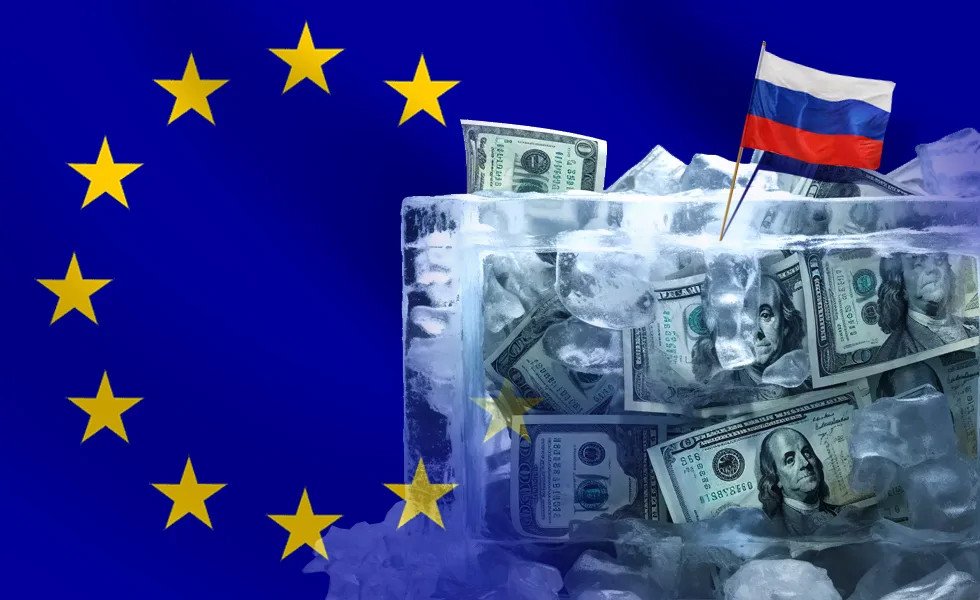Kremlin sees ‘no retreat’ from strategic goals; Trump expresses frustration over lack of progress
MOSCOW/WASHINGTON, July 3 — Russian President Vladimir Putin told Donald Trump during a phone call on Wednesday that Moscow would not compromise on its “strategic goals” in Ukraine, despite renewed appeals from the former U.S. president to deescalate the war. The conversation, the sixth between the two leaders this year, yielded little in terms of diplomatic progress, according to officials on both sides.
The call, first reported by Russian state agencies and later confirmed by U.S. media, came shortly after the U.S. temporarily halted some arms shipments to Ukraine, prompting speculation in Russian media that Washington was caving to Kremlin pressure — an interpretation strongly disputed by Western analysts and officials.
Kremlin claims readiness to talk — but on its terms
In remarks following the call, Yuri Ushakov, Putin’s foreign policy aide, said the Russian leader reiterated his willingness to engage in negotiations with Kyiv. However, Putin insisted that any talks must address the “root causes” of the conflict, a phrase long used by Moscow to justify its invasion of Ukraine and its demands for a security realignment in Europe.
“The president stressed that Russia remains open to diplomacy but will not abandon its objectives,” Ushakov said. Russian media later emphasized that the Kremlin “won’t back down”, framing the call as evidence of Russia’s “firm stance” despite growing international isolation.
Trump, speaking to reporters after the conversation, offered a blunt assessment: “We made no real progress. I’m not happy with where things are,” he said, according to U.S. press.
Pause in U.S. arms transfers prompts misinformation surge
The call coincided with a temporary suspension of some U.S. military shipments to Ukraine, fueling a flurry of Russian narratives suggesting that Washington had bowed to Russian demands. The Kremlin claimed the move as a success, with spokesperson Dmitry Peskov linking it to what he called the approaching “end of the special military operation” — a term Moscow continues to use to describe its full-scale invasion.
But U.S. officials rejected the suggestion outright. According to Pentagon sources, the pause was logistical and temporary, unrelated to the Trump-Putin call or any broader policy shift. U.S. funding and military support for Ukraine continue under existing frameworks, and European allies — particularly Germany — remain committed to additional assistance. Reports suggest Berlin is awaiting U.S. approval to quietly supply Ukraine with two Patriot air defense systems, potentially financed by Germany.
Still, Russian officials and lawmakers used the arms suspension to suggest Ukraine’s resistance is weakening. “Without Western weapons, Kyiv won’t last more than five or six months,” declared lawmaker Aleksey Zhuravlyov in comments carried by state media. Experts, however, say such forecasts ignore both the volume of stockpiled arms in Ukraine and the layered nature of Western aid, which includes both open and covert components.
Repetitive contacts, limited results
Wednesday’s phone call marked the sixth direct conversation between Trump and Putin in 2025, underscoring a pattern of high-frequency but low-yield engagement. While both sides publicly present such contacts as essential for diplomacy, there is little evidence of substantive breakthroughs or shifts in policy.
Analysts point out that this “diplomatic noise” — characterized by frequent talks but minimal results — is being deployed for domestic audiences in both countries. For Moscow, it signals relevance and “strategic patience” amid sanctions and battlefield losses. For Trump, it appeals to segments of his base seeking an alternative to the Biden administration’s confrontational stance toward Russia.
Kremlin-watchers note that Moscow’s current strategy resembles a game of attrition, mixing public overtures with selective misinformation and tactical pauses to create the illusion of progress — a tactic designed to wear down Western resolve while maintaining domestic legitimacy.
As U.S. election dynamics intensify and the war in Ukraine grinds on, the diplomatic impasse appears set to continue. Despite calls for negotiation, neither side is retreating from its core positions — and the prospects for a breakthrough remain remote.









